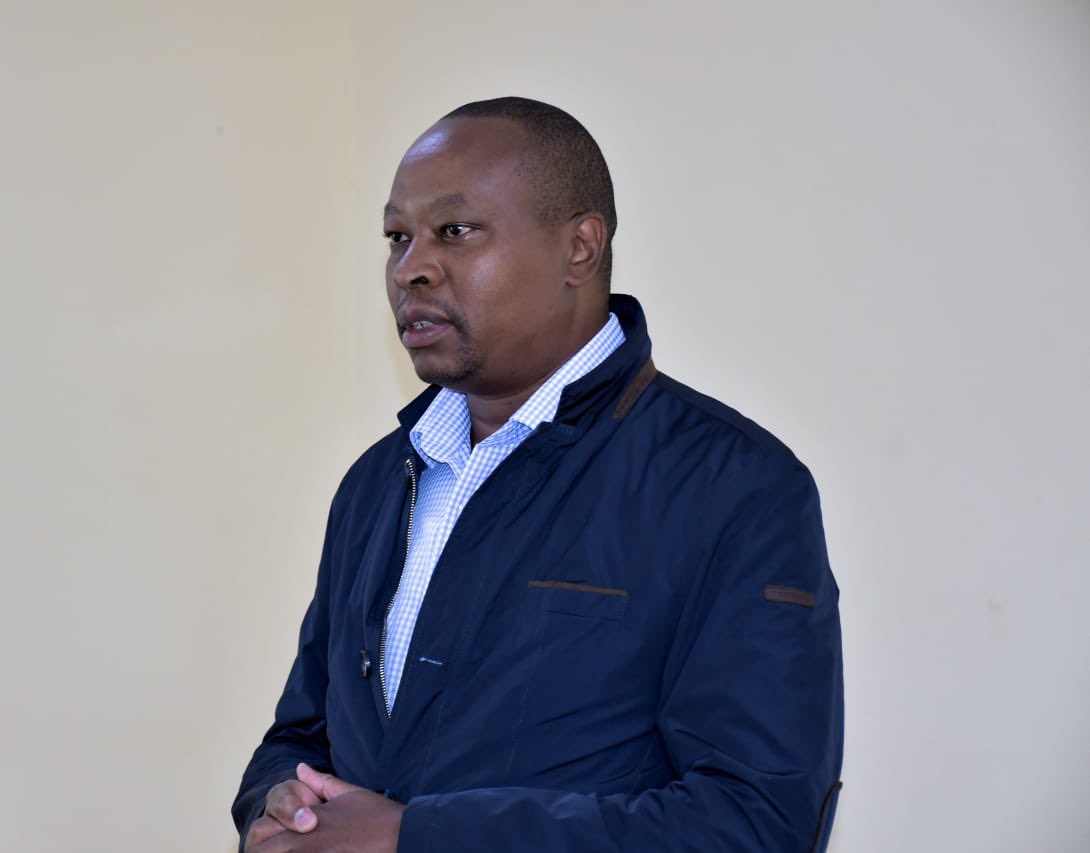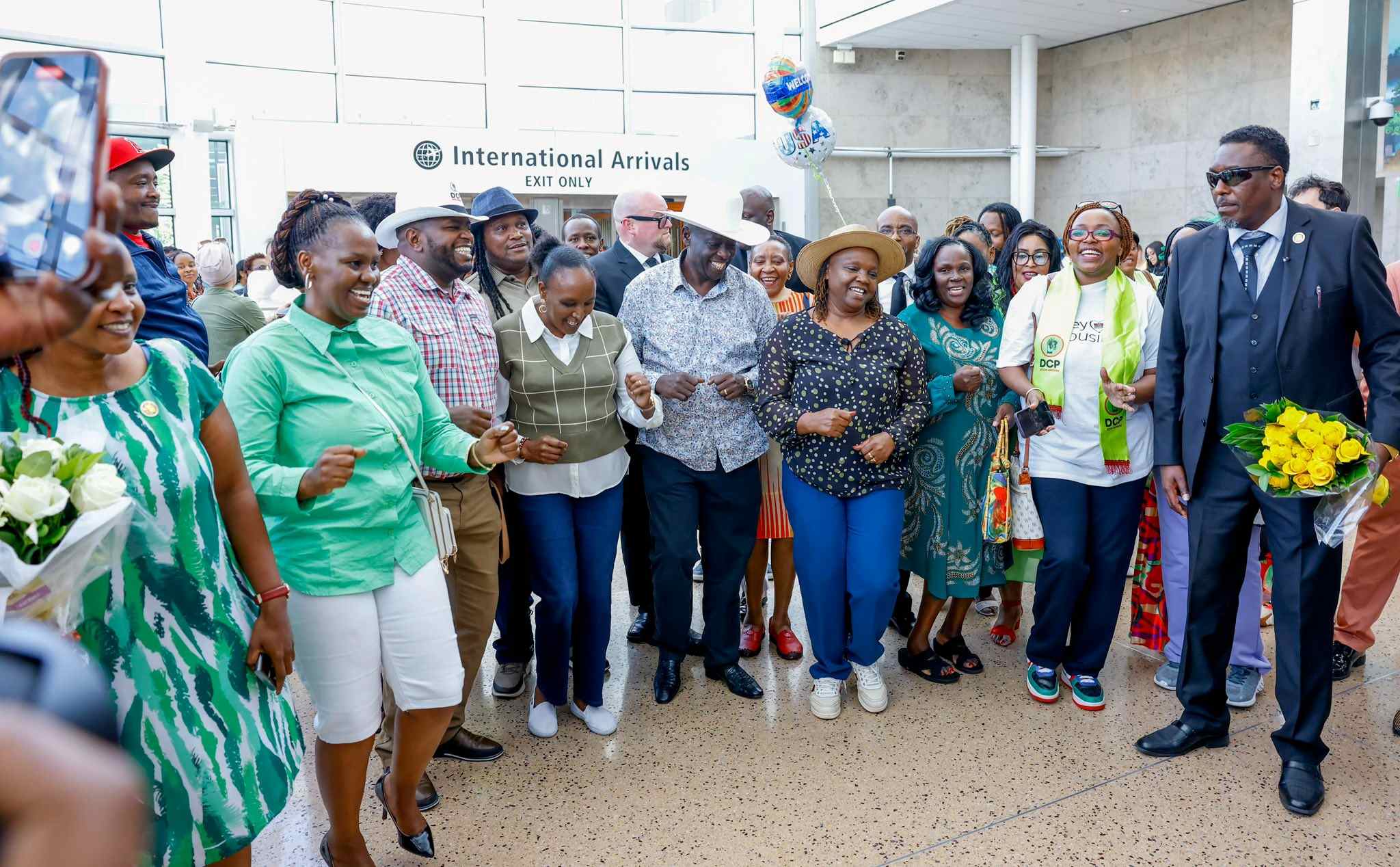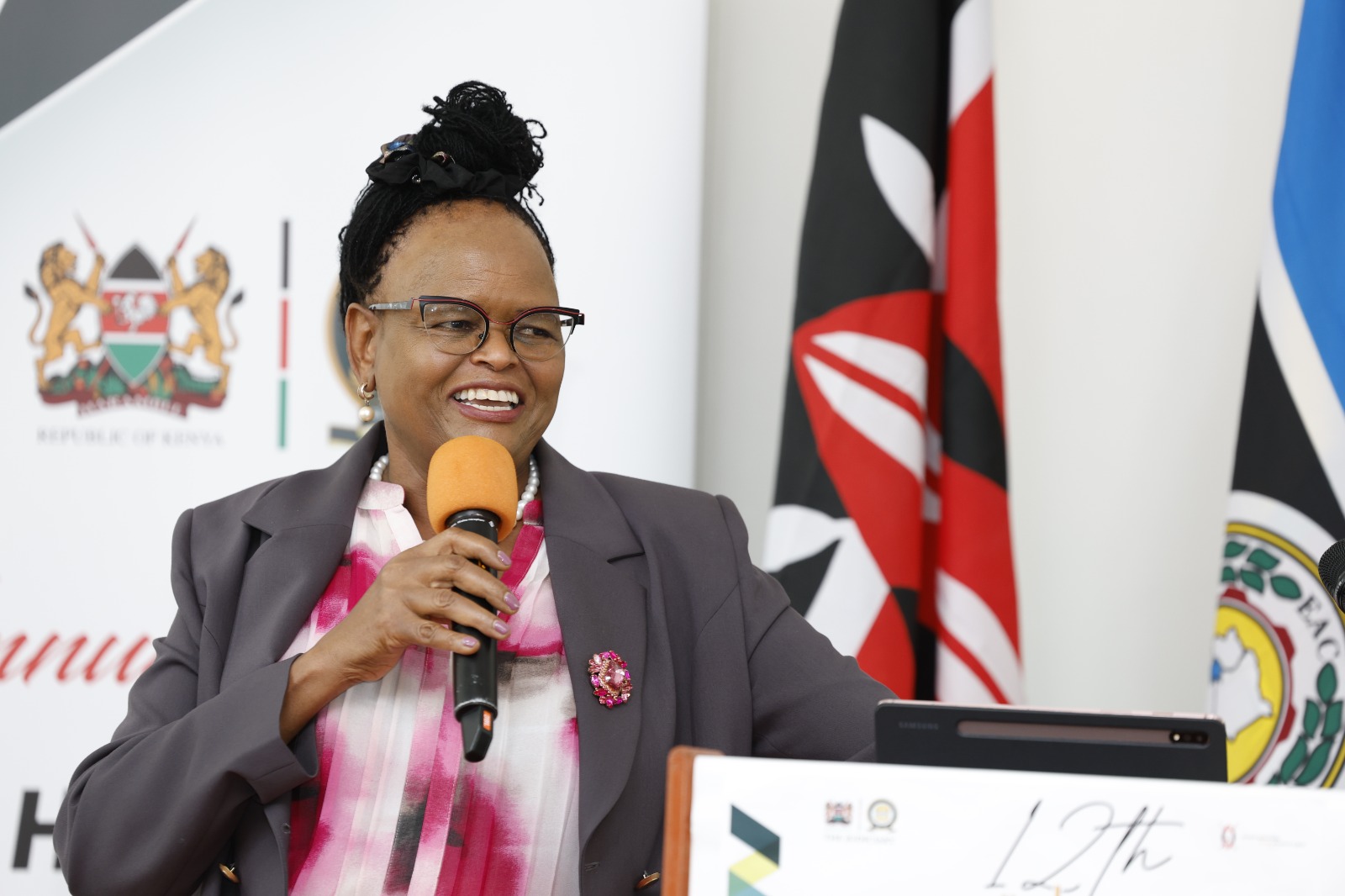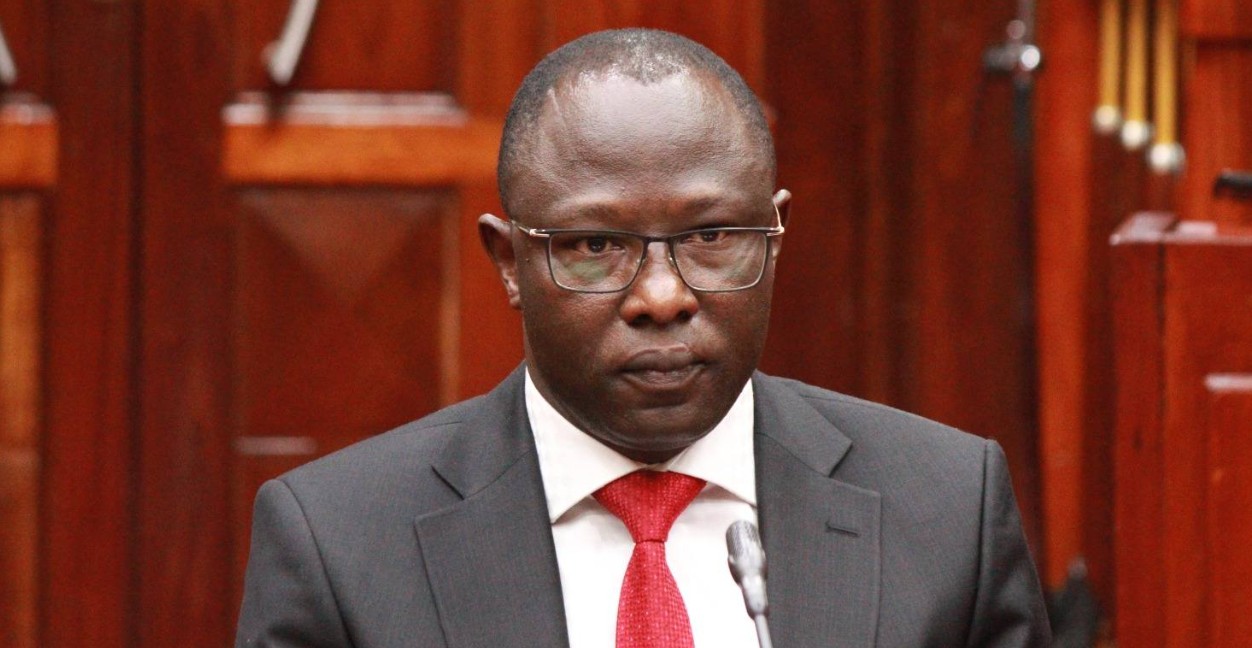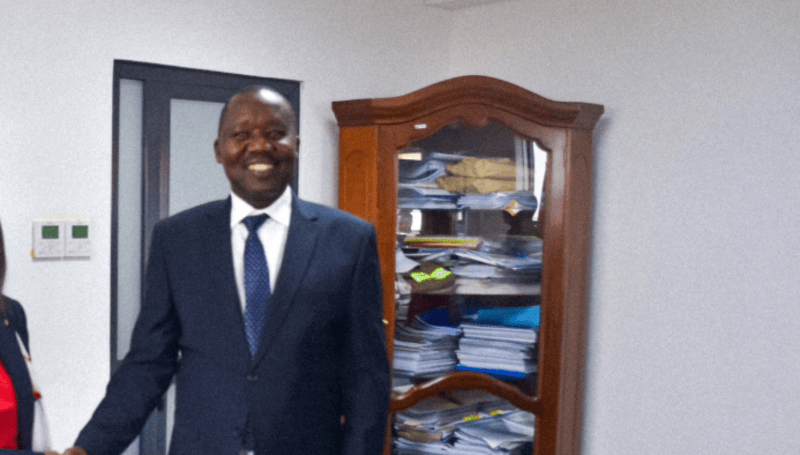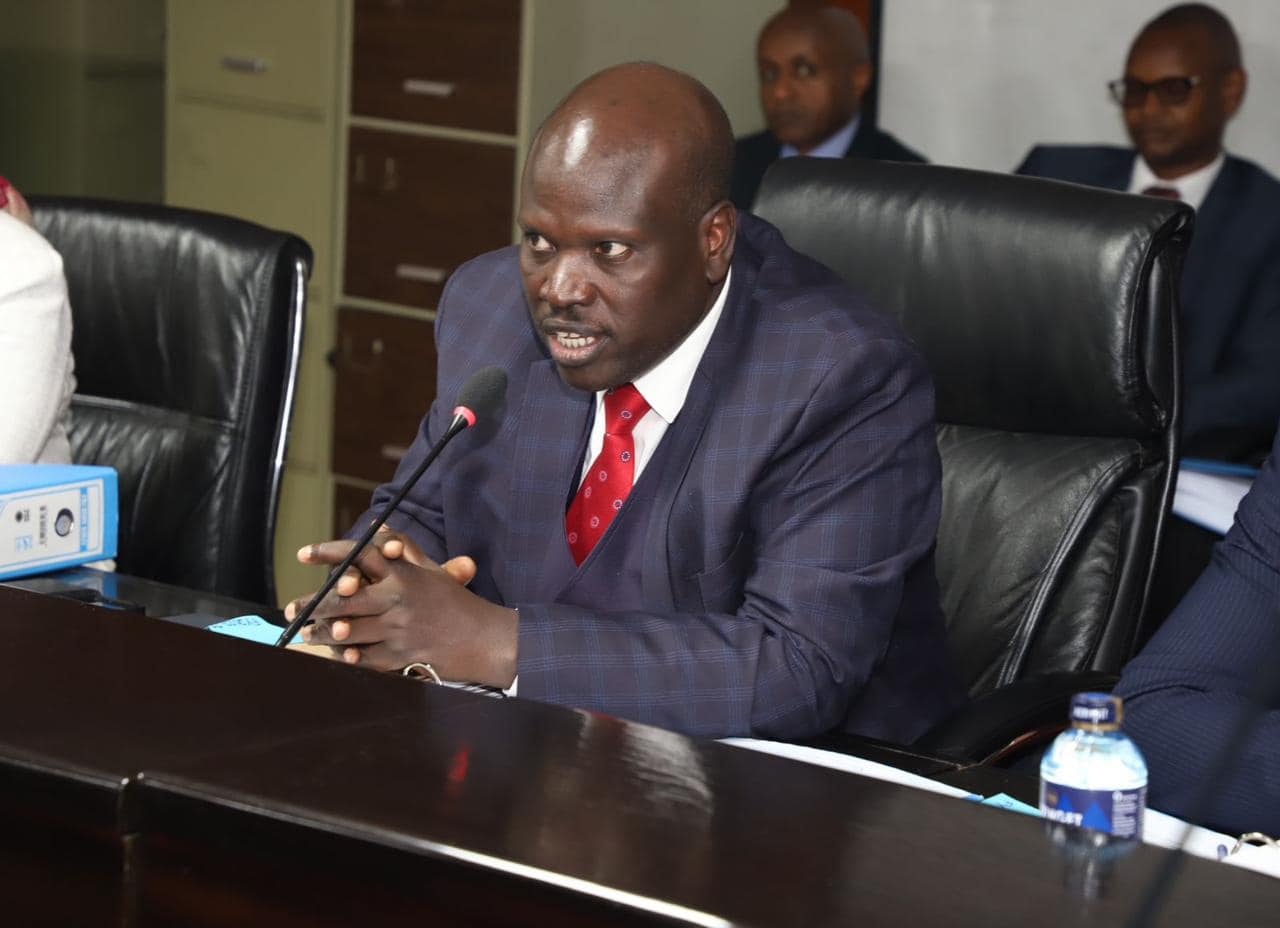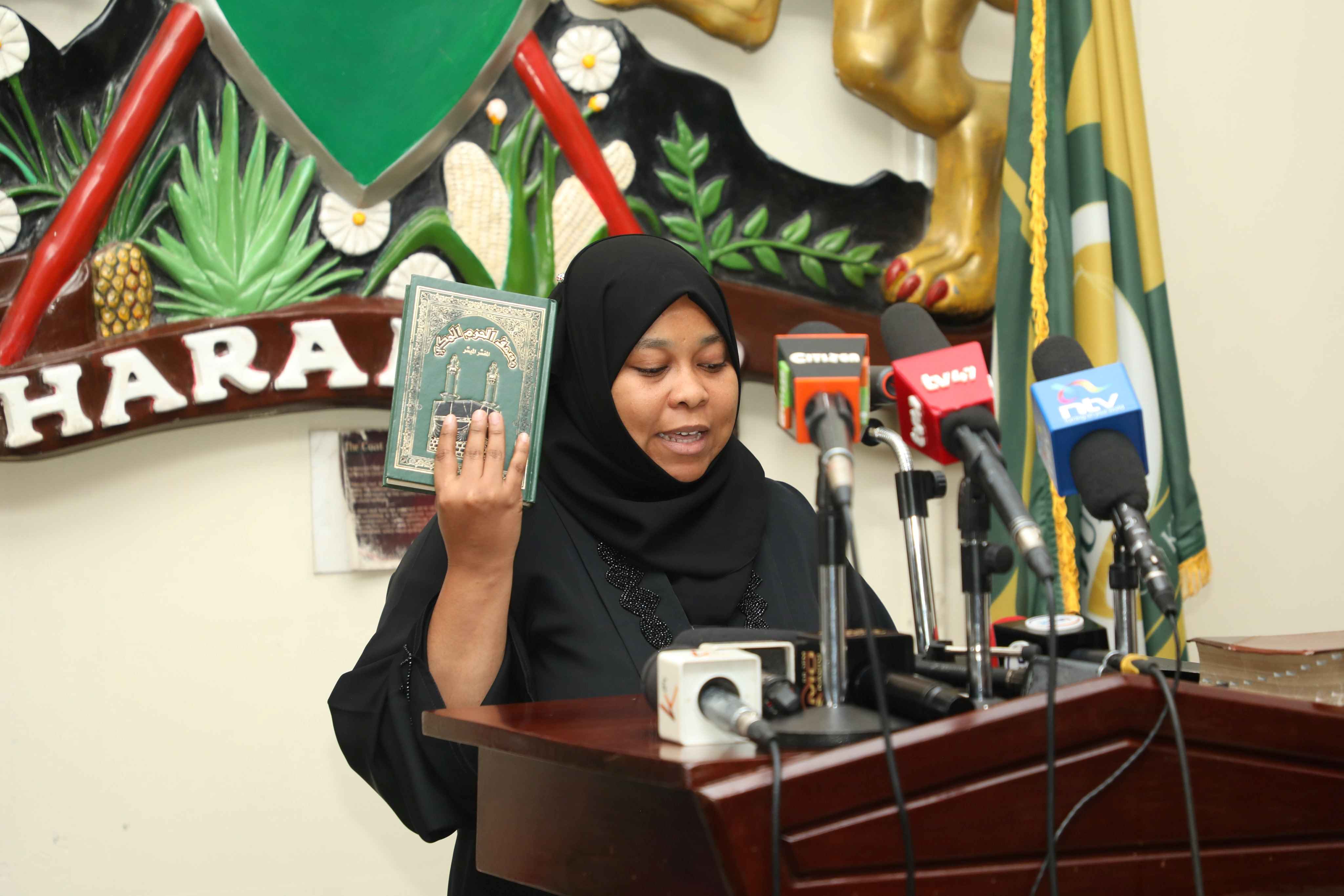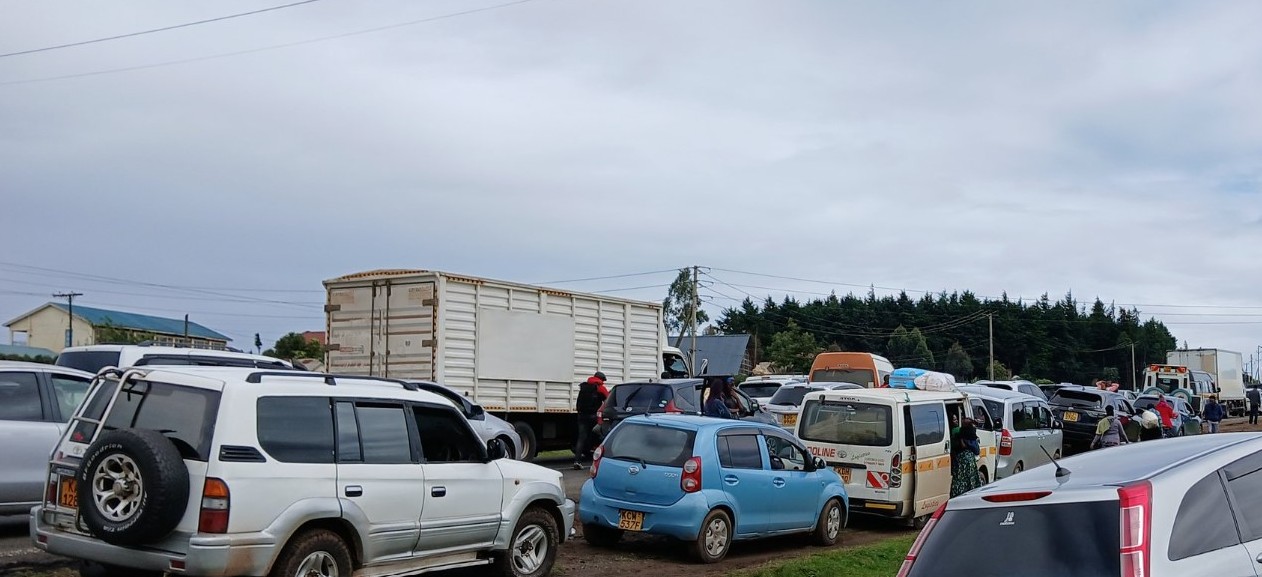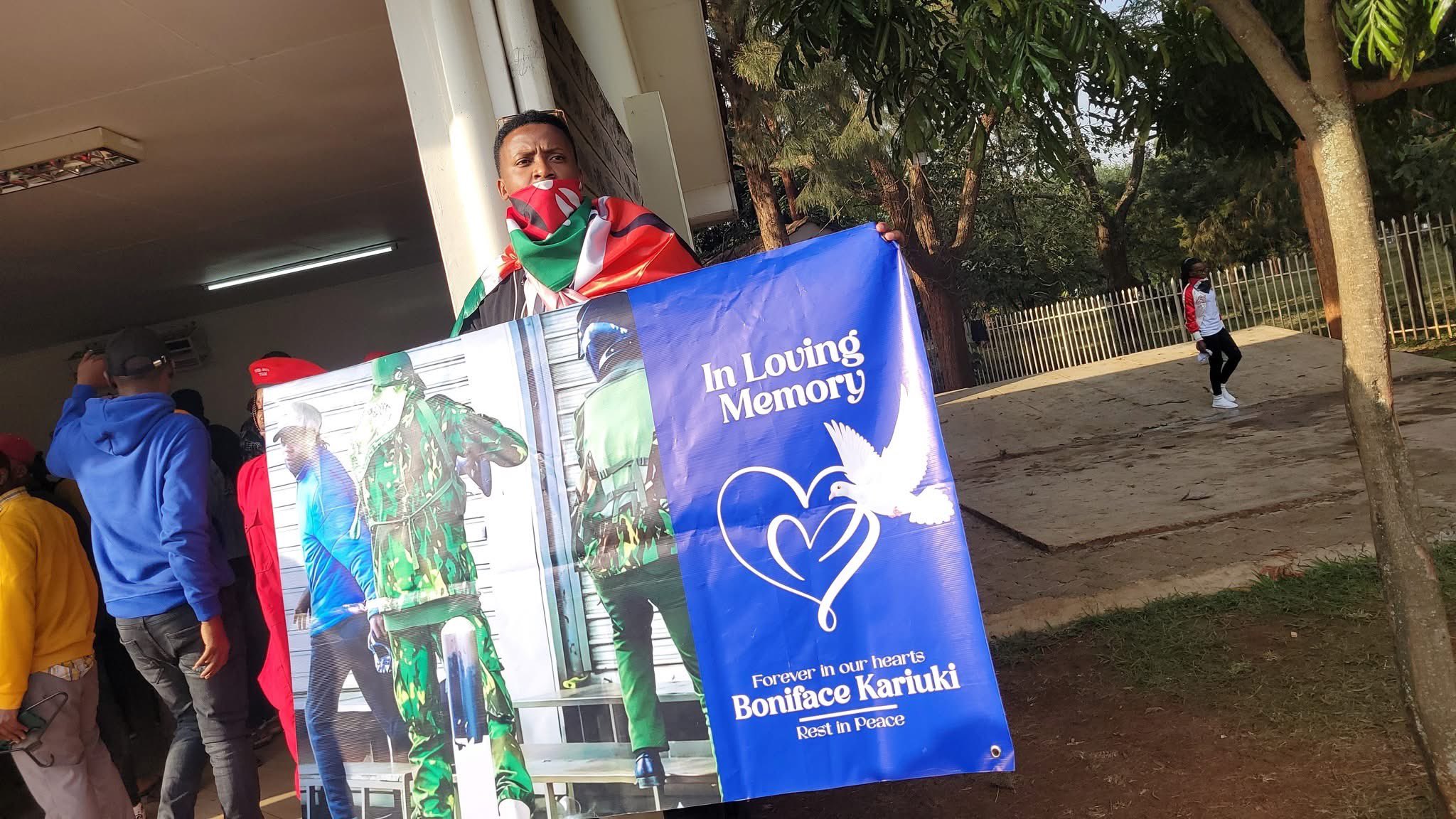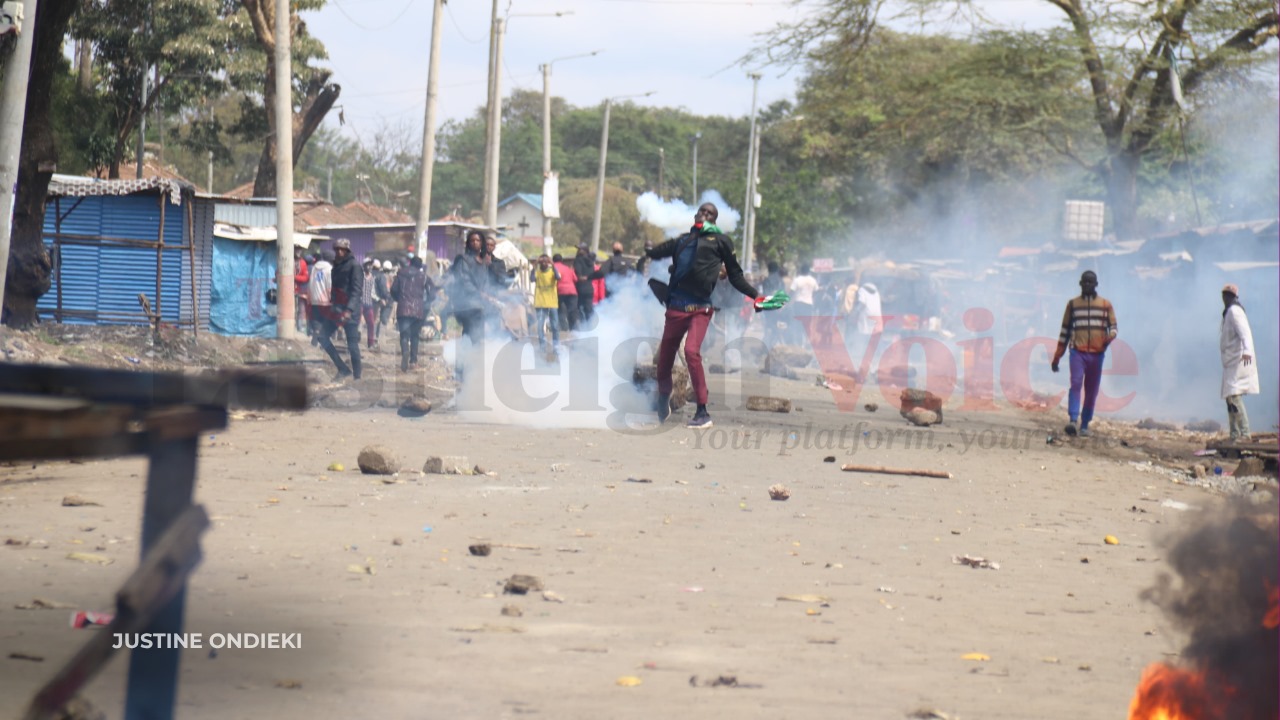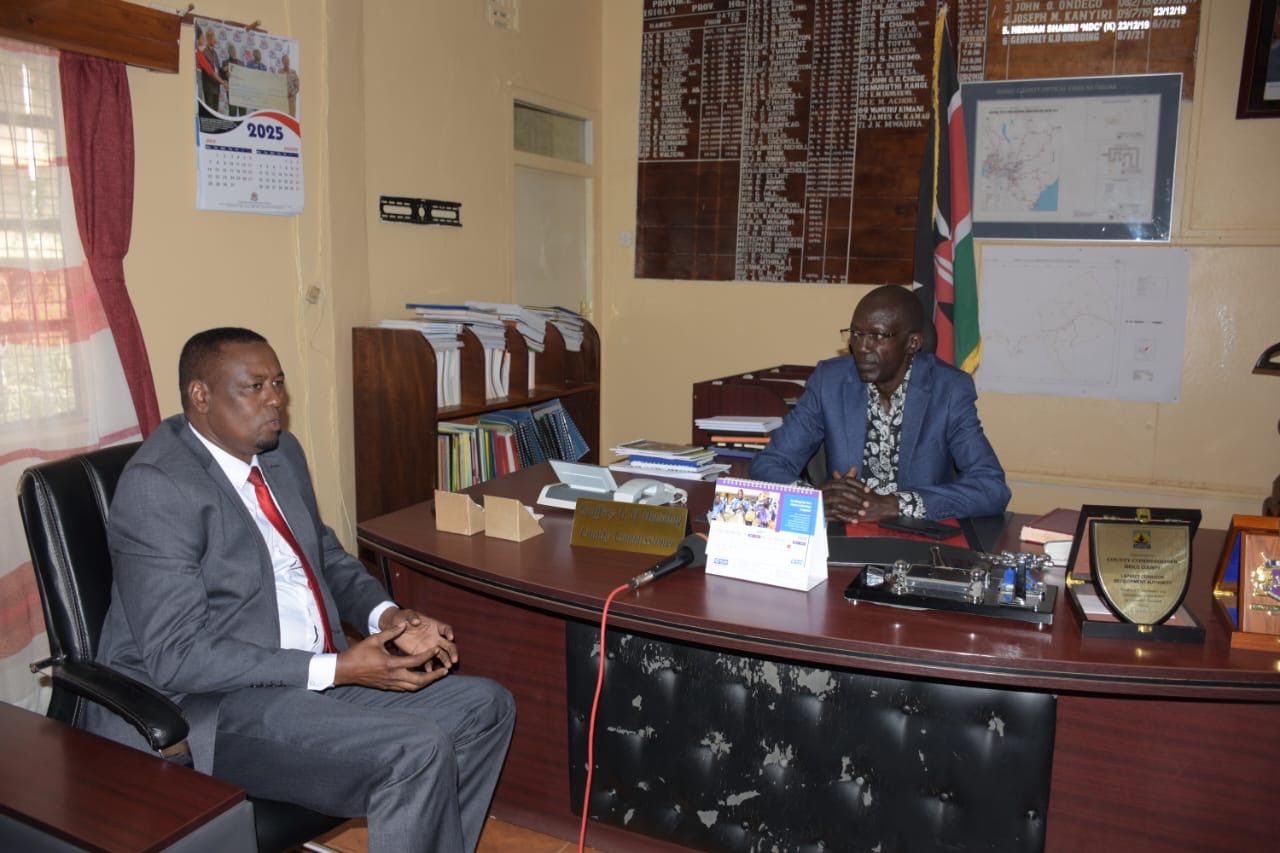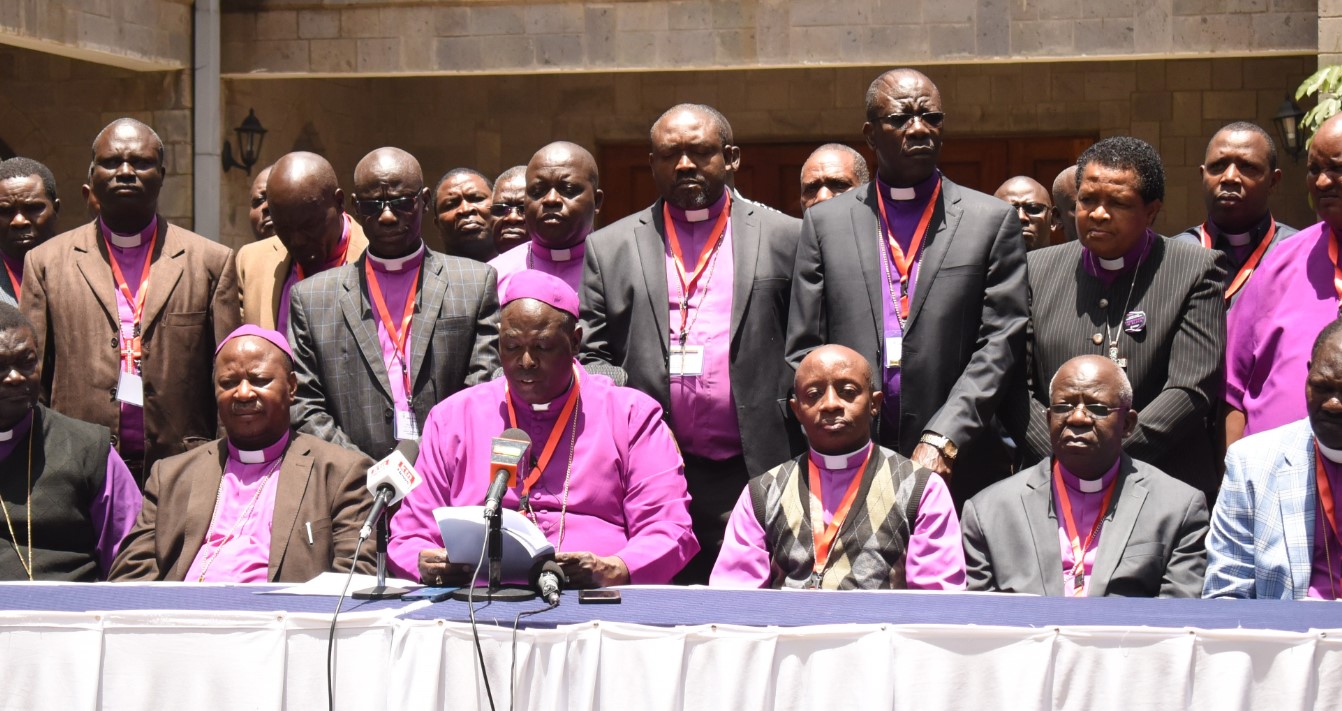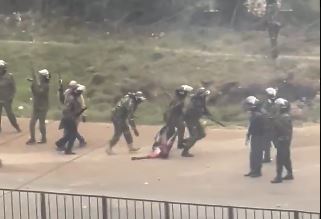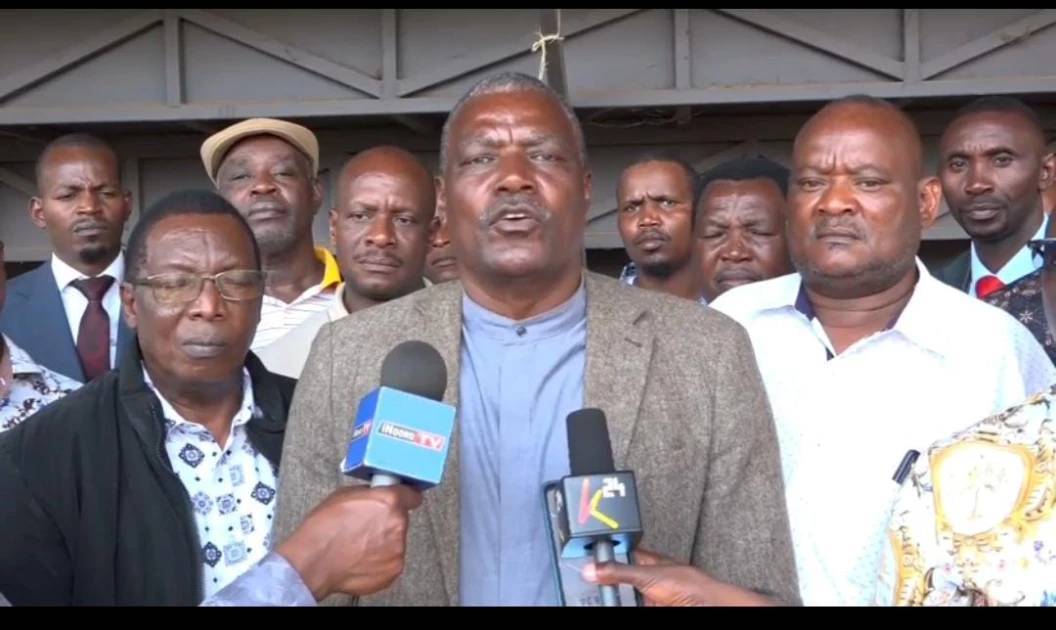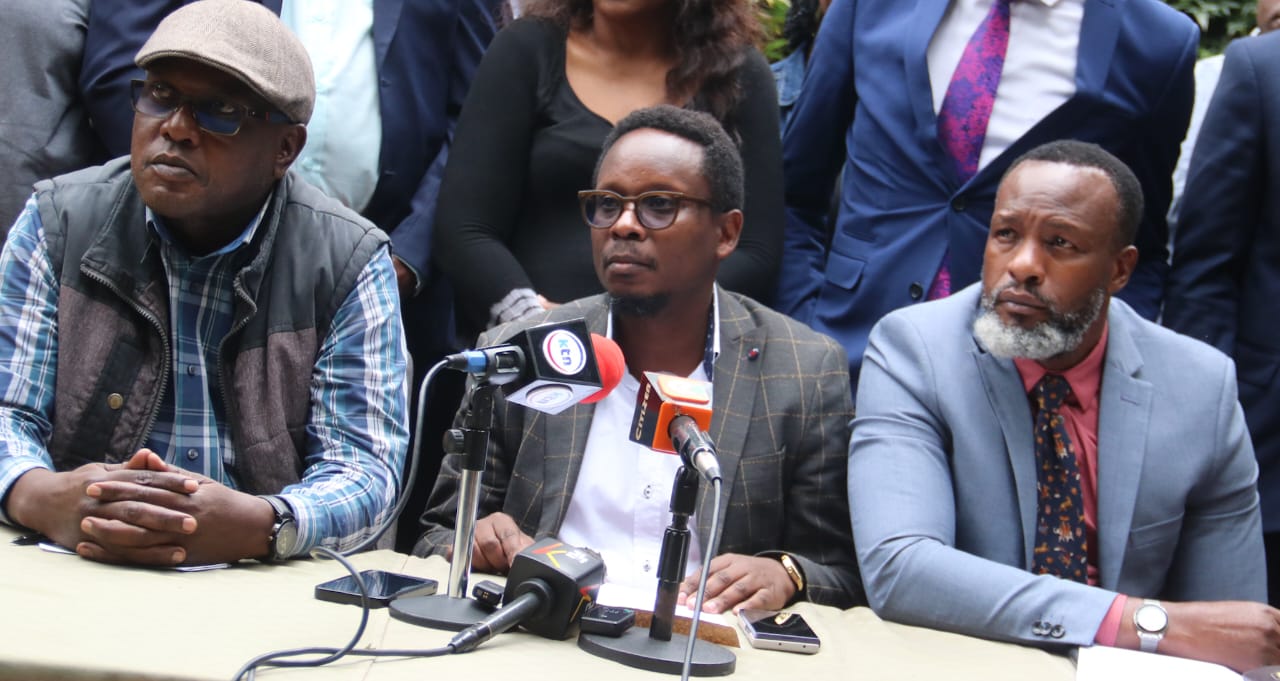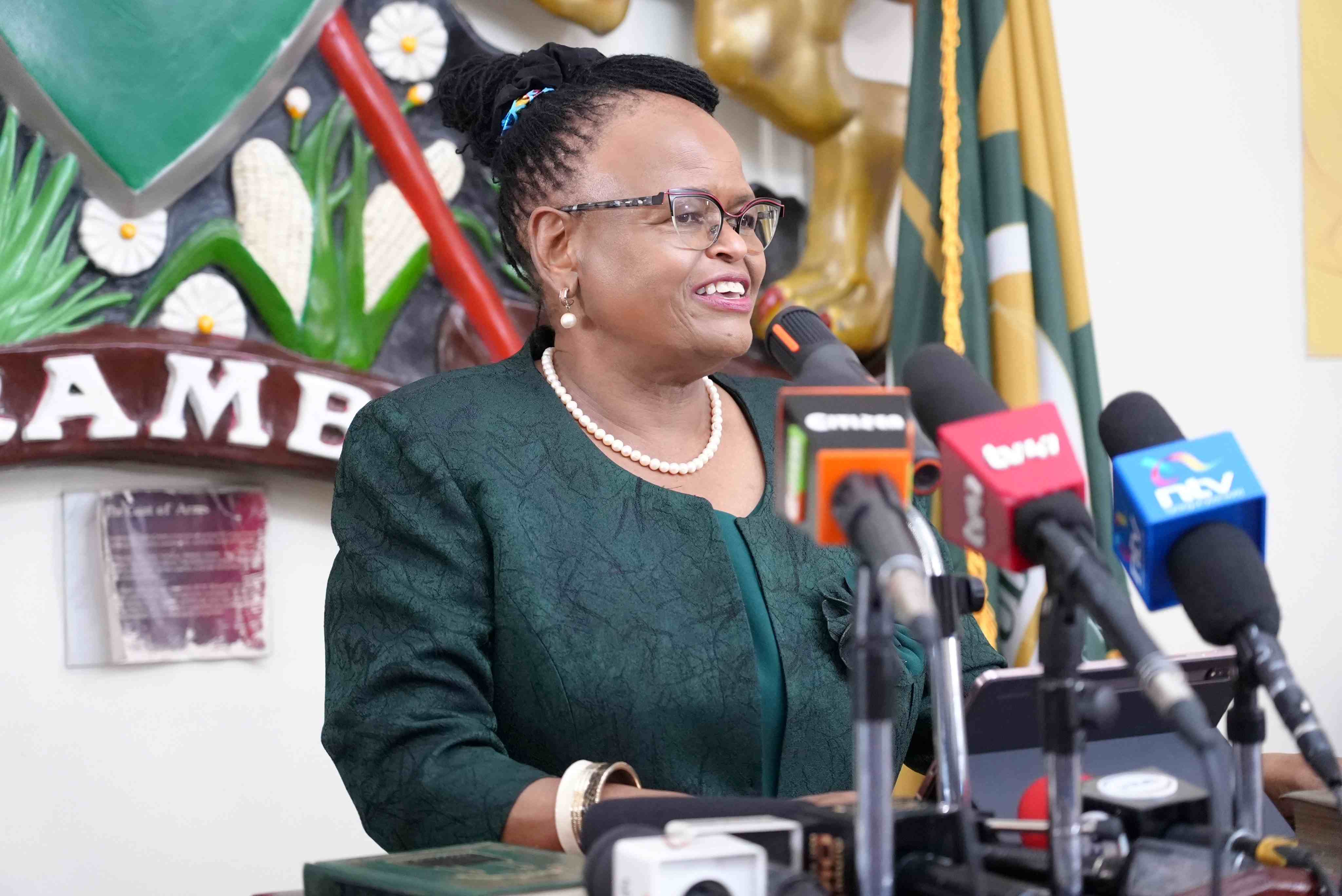Audit reveals Sh52 million wasted on northern Kenya salty and dry boreholes

According to the report, the six boreholes were not only drilled and equipped but had already consumed Sh19.3 million in payments despite their water being unsuitable for domestic use.
Several boreholes drilled at a cost of Sh52 million in Isiolo, Turkana, and Samburu counties have produced salty water unfit for human use, Auditor-General Nancy Gathungu has disclosed in her latest audit report.
According to the report, the six boreholes—located in Delbege, Waldiri, Hawaye, and Qone Daaba in Isiolo, Katilu in Turkana and Lowobane in Samburu—were not only drilled and equipped but had already consumed Sh19.3 million in payments despite their water being unsuitable for domestic use.
More To Read
- MPs demand audit of IEBC’s Sh3.9 billion pending bills
- Sh274 million consultant payment sparks probe into Kenya Power’s last-mile project
- Audit exposes irregular contracts, backdating at Fafi Constituency's NG-CDF Office
- Sh6.6 billion school projects under probe for delays, shoddy work and irregular payments
- Court rules Governor Abdi Guyo impeachment is null and void
- 19-year-old Turkana woman Alice Ngitira feted by King Charles III
“The water produced was found to be salty and not fit for human consumption or domestic use,” the Auditor General states.
In addition to the unfit boreholes, the report highlights that four more boreholes in Marsabit (Soito), West Pokot (Kishaunet and Munyan Masol), and Baringo (Kapkiamo) were unproductive, with no water yielded despite Sh27 million allocated for drilling. Of that amount, Sh7 million had already been paid.
“These boreholes were found to be dry,” the report notes, adding that there was no evidence the State Department for Livestock Development conducted feasibility or hydro-geological studies before initiating the projects.
Financial losses
Gathungu warned that the failure to carry out proper assessments before drilling compromised the projects and led to financial losses, with taxpayers receiving no value in return.
“In the circumstances, it was not possible to confirm value for money in the expenditure incurred on drilling and equipping the boreholes,” she said.
The audit further reveals irregularities in the department’s procurement and delivery of tree seedlings valued at Sh449.3 million.
The seedlings, meant for various counties, were either not delivered, lacked proper documentation, or dried up before reaching intended beneficiaries.
“During the year under review, an expenditure of Sh449,395,000 was incurred for the procurement of tree seedlings to be issued to various counties. However, unsatisfactory issues were observed,” reads the report.
In Bungoma County, for example, the department procured 10,000 avocado seedlings, 2,000 mango seedlings, and 2,000 macadamia seedlings for Sh10.49 million. A physical inspection conducted in September 2024 found several anomalies.
Although the department claimed 14,000 seedlings were delivered in May 2024, a report from the Senator’s office indicated that 5,833 of them had not been distributed.
Accuracy and authenticity
The distribution report used to support the audit was dated September 24, 2024, almost five months after delivery, raising concerns about its accuracy and authenticity.
The report also faults the department for bypassing the Kenya Climate Smart Agriculture Project’s county office.
Instead, the seedlings were received by the county commissioner’s office and handed over to the Senator’s office for Bungoma County. No documentation was provided to show how or whether the seedlings were further distributed to beneficiaries.
The department also failed to carry out feasibility and needs assessments to determine whether the grafted seedlings were suitable for the region.
Many seedlings dried up or were damaged during transport, pointing to substandard quality and a lack of proper planning.
“In the circumstances, the regularity and value for money of the expenditure of Sh10,490,000 on the purchase of seedlings could not be confirmed,” reads the report.
The audit findings have now placed the State Department for Livestock Development under scrutiny for mismanagement and wasteful spending of public resources.
Top Stories Today
